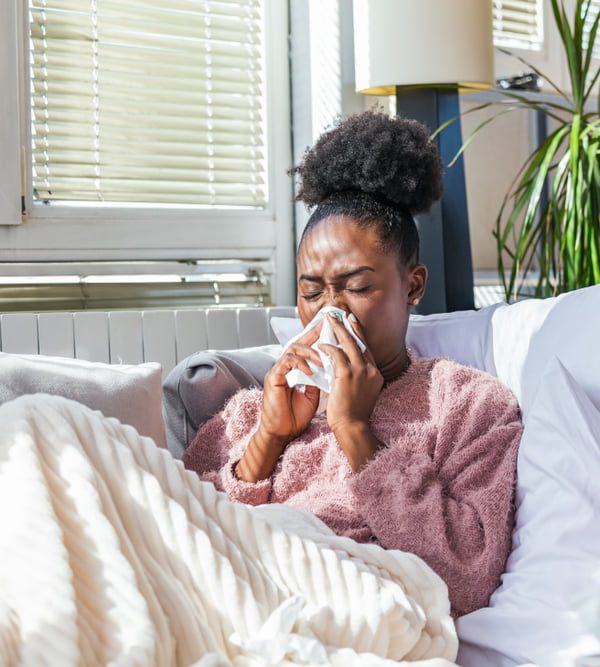No matter the time of year, it is common for sinus infections to affect primarily adults, but also some children. In the spring, an active allergy season may give way to a sinus infection in some individuals, and in the winter, even an upper respiratory infection can be a contributing factor. If you find yourself battling allergies or a suspected respiratory tract infection that seems to only be getting worse, it can be a good idea to visit a healthcare professional for a proper diagnosis and possible treatment.
Sinus Infection Causes
From a medical standpoint, the buildup of fluid in the sinuses can cause germs to multiply. This fluid buildup can be attributed to conditions such as allergic rhinitis, a common cold, or seasonal allergies. Individuals with a deviated septum or nasal polyps can generally be at higher risk of developing a sinus infection.
These infections are typically either caused by a virus or bacteria through one of the following ways:
- A cold that intensifies and worsens
- Environmental allergies
- Sinus structure
- Smoke inhalation
- Weakened immune system
Some conditions such as a cold or allergies usually last a week or more before subsiding. If during that time or after a patient notices their condition worsening, they should visit a medical professional for a diagnosis and possible treatment.


Symptoms of Sinus Infections
One of the hardest parts of knowing if you have a sinus infection is the fact that most symptoms are representative of other conditions. In most cases the infection develops as a result of a mild cold or allergies so an infection may have begun with a benign condition that then morphed into a painful sinus infection.
Some common symptoms of a sinus infection can include:
|
|
Because these symptoms can mimic other common conditions, it is important to keep an eye on them. Individuals who continue to feel worse over the course of a week or more or those that have a fever for several days should consult with a medical professional.
Sinus Infection Treatment
If an individual suspects they could be suffering from a sinus infection it is important to seek medical attention. While appointments can be difficult to arrange with a person’s work and family schedule, urgent care centers do not require appointments. Walk ins are welcome and these facilities generally offer extended business hours and some weekend hours for patients.
There is no specific test to diagnose a sinus infection like there is for strep throat. A doctor will instead make a diagnosis based on a patient’s medical history, current symptoms, longevity of symptoms, and a thorough physical examination.
Depending on each patient’s specific condition, symptoms, and related complications, a doctor may or may not recommend treating the infection with a course of antibiotics. The course of treatment will vary depending on the patient. Some healthcare professionals recommend a specific period of time to wait and watch the infection to see if it resolves on its own. If it does not, the patient may then require a prescription for antibiotics.
If your physician recommends delaying a prescription, patients may be able to find some relief in:
- Breathing in steam created by a hot shower
- Using saline nasal spray
- Applying a warm compress to ease facial pressure
- Utilizing over the counter drugs recommended by their healthcare professional


Ways to Prevent Sinus Infections
Sinus infections frequently stem from pre-existing conditions such as a cold or allergies. For this reason, using good hygiene to minimize the odds of contracting a cold and knowing how to safely battle environmental allergies can be key.
The following steps may be helpful in preventing the development of sinus infections:
|
|
Following these tips may allow an individual to minimize the odds of developing a sinus infection.
If you or a loved one have been suffering from ongoing symptoms that closely mimic a cold or seasonal allergies but that do not seem to be easing up or going away, it may be time to seek medical attention. Family First Urgent Care does not require appointments and accepts walk ins, so if you believe you could have a sinus infection, please come see us today.




